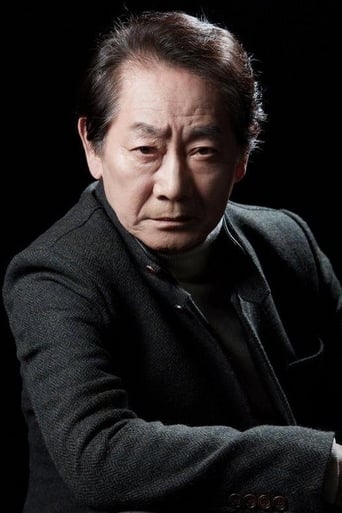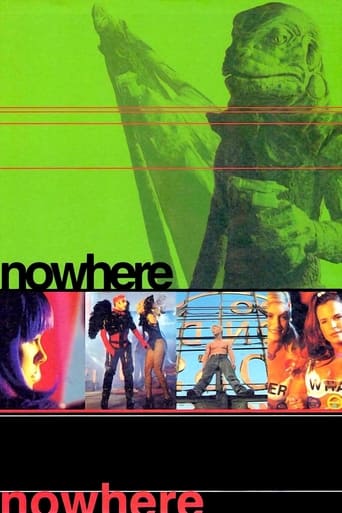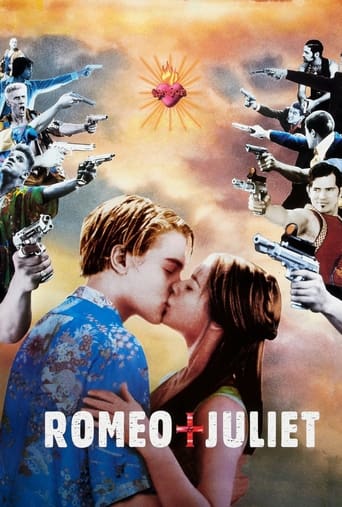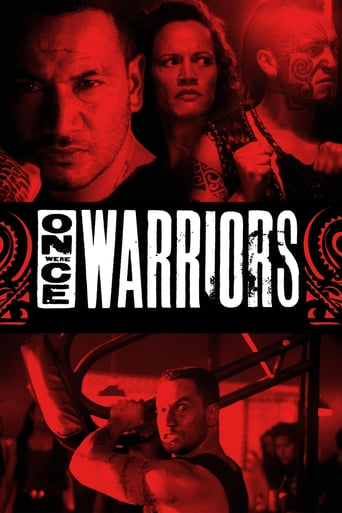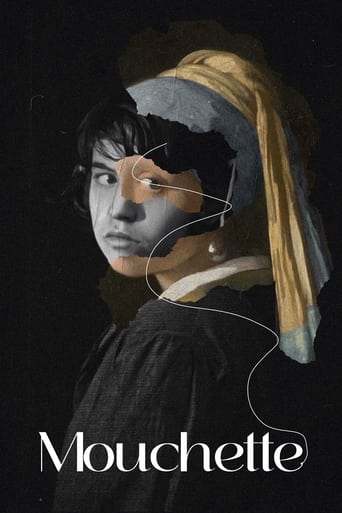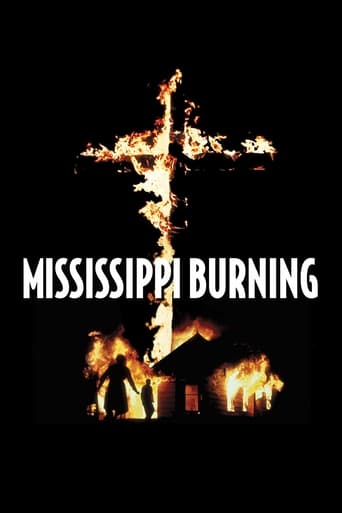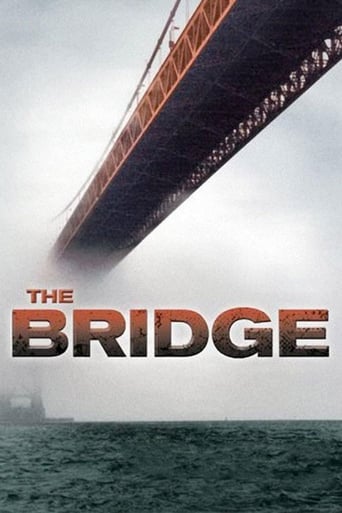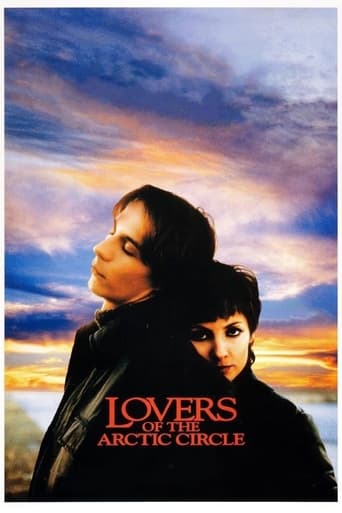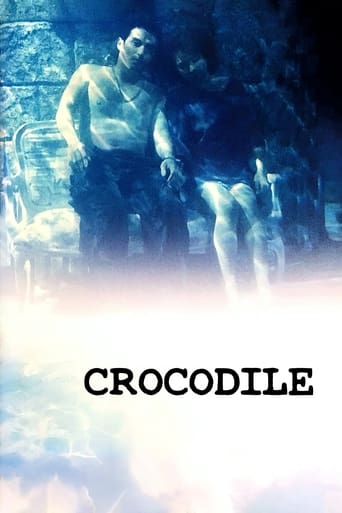
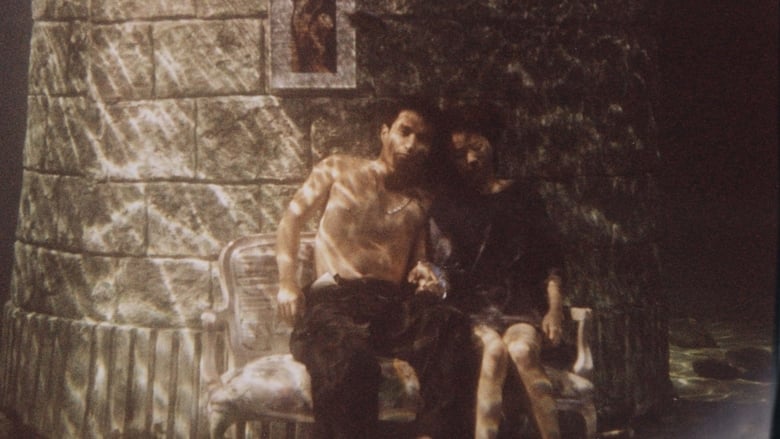
Crocodile (1996)
Under the Han River lives Crocodile, a rugged member of the lumpenproletariat who exists from schemes and stealing. His position as a scavenger of society undermines South Korea’s boasts of its newfound economic position as an Asian Tiger. One day, Crocodile finds a girl floating in his river.
Watch Trailer
Cast


Similar titles
Reviews
Just perfect...
I like movies that are aware of what they are selling... without [any] greater aspirations than to make people laugh and that's it.
if their story seems completely bonkers, almost like a feverish work of fiction, you ain't heard nothing yet.
One of the worst ways to make a cult movie is to set out to make a cult movie.
Three generations of misfits live under a bridge on the Han river in Seul, an old man, a boy and a violent guy who seems to hate everybody: Crocodile. He waits for suicides just to rob their belongings from the corpses. One day Crocodile saves a beautiful girl who tries to kill herself, then he rapes her repeatedly and keeps her with him just to use her for his sexual needs. The girl, who was abandoned by her former lover, resigned to stay with him. The four characters form a sort of strange family. Crocodile is the first movie by Kim Ki Duc. At that time he had just concluded his life in Paris as a painter and, back in Korea, he reinvented himself as a movie director. Kim Ki Duk said he had not seen many films and he ignored the basic rules of film language at his debut. Hard to believe it when you're watching the movie, but it's so: he just transfers beautiful static scenes from a pictorial language to the less static celluloid. Watch the water scenes to get an idea of his pictorial visions. The way he portraits the main character then remind me of another great film debut: "Accattone" by Pasolini. Crocodile and Accatone are similar in their suburban romance of decay, in their hopeless lives at the margins of society. Is likely that Kim Ki Duk did not know the work of Pasolini, but the similarities are the result of the same artistic sensibility.
It is a pity that not many people have seen or even heard of South Korean film "Ag-O"/"The Crocodile" which was directed in 1996 by a freshman named Kim Ki Duk who got trained in France as a painter.This is a wonderful piece of cinema from a person who did not know much about cinema.All viewers desirous of taking a critical look at Kim Ki Duk's cinematographic career by watching "The Crocodile" would be aptly rewarded as this first film has all the characteristics with which his films have been identified both by critics as well as astute viewers.We get to see violence in South Korean society especially in the backdrop of male/female relationships.In "Ag-O", Kim Ki Duk's vision as a contemplative painter is also evident in many scenes which are easy to draw but almost impossible to direct.Many of these scenes happen in water which occupy a special status in Kim Ki Duk's films.By making "The Crocodile",Kim Ki Duk has revealed that he is a genius as all his films are about oddball characters who deserve love and respect despite all their perceptible misgivings.This is something which the lead character appropriately titled "The Crocodile" played by Cho Jae Hyun portrays all along the film.
I often quote Kim Ki-Duk as my favourite director of all time, partly because of his prolific output (I'm glad he numbers his films, I was losing count!) and his consistently emotional style. While I absolutely adore the "new-wave" Kim Ki-Duk (3-Iron, Spring, Summer, Autumn, Winter...And Spring, The Bow), I also thoroughly enjoy his earlier, grittier films (The Isle, Address Unknown). This film, his debut, is possibly the best and grittiest of the early films.In a setting that stands somewhere between urban and rural, and filled with Kim Ki-Duk's beloved water motif, we see three misfits (a boy, the title character Crocodile and an elderly man) inexplicably living together on a platform under a bridge. Crocodile is an aggressive character with the shortest of fuses, and storms around as if the world owes him something. But there's another side to him. Intercuts show him diving in the nearby river for respite. When a young woman is seen drowning in the river, Crocodile rushes to her aid, only to expect a lot in return. Horrified by her treatment, she nonetheless returns frequently to bond with the old man and the young boy who remains uninfluenced by Crocodile's irritable nature. Soon she becomes a fixture and it all looks to be coming together for the group, if very vaguely. Add to this the most thrilling ending to a Kim Ki-Duk film I have seen so far and the film is complete.This may not be for those of you who prefer his later works, but keep in mind it does contain everything a Kim Ki-Duk fan could wish for.
I saw this after THE ISLE, but it was made well before.It's such a beautiful, painful movie. It contains images that will never leave me.The film's protagonist, a lonely, loveless man, visits an underwater gazebo beneath a bridge in Seoul. He has a chair there, a table, a small gate. The scenes where he swims down to this subterranean retreat and simply stands there are so amazing I cried.Characters express their best and worst emotions through violence in Kim's films, and never has this concept been explored deeper than in CROCODILE. The non-stop beatings, rapes and shovings have a cumulative effect on the viewer that puts you in the shoes of the film's hapless heroine.It's clear that not as much money was spent on CROCODILE, but, like THE ISLE, its brilliance and brittle beauty is in its simplicity.



